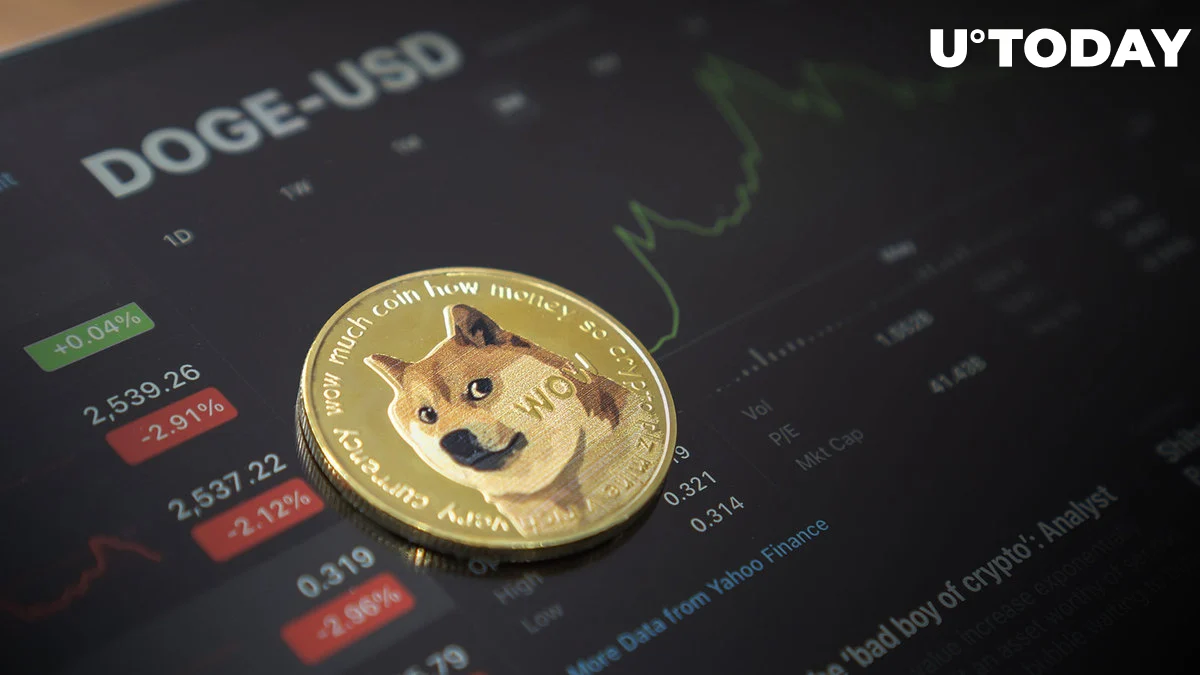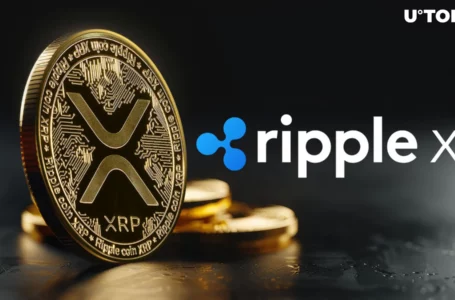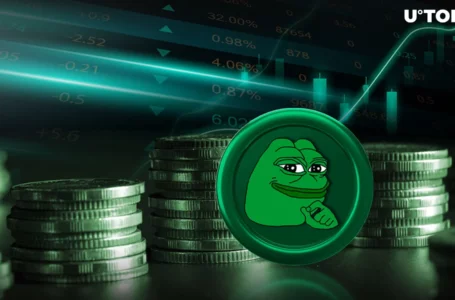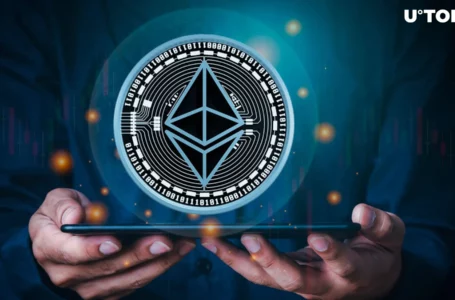
Mishaboar, a Twitter account dedicated to Dogecoin, has utilised the platform to draw attention to the recent increase in network activity.
He claims that certain Dogecoin blocks are almost at capacity and attributes this to the “spam associated with the DRC20 token minting frenzy.”
The consequences of such a situation for the Dogecoin network are described in another tweet by the user as follows: “Fees go up, transactions with lower fees are slowed down, and the mempool grows.”
As Dogecoin blocks fill up, Mishaboar adds, people making transactions must pay higher transaction fees in order to have their transaction included in the following block. As has recently happened with Bitcoin, this can result in an increase in transaction fees or a delay in transaction times.
Due to the recently developed standard, DRC-20, which permits the production of meme currencies on the Dogecoin network, the daily transactions of Dogecoin achieved new highs this week.
The new DRC20 “tokens” are only Dogecoin network transactions with additional data connected to them, claims Mishaboar, and are intended to mimic the generation of tokens. Because there aren’t any websites or markets where users may use these “tokens” and exchange them yet, the game will always be a “what if” scenario.
He adds that the DRC20 token producers appear to be taking advantage of Dogecoin’s low fees and describes the DRC20 token minting frenzy as a network abuse.
Dogecoin developer sheds further light
In light of the current increase in network activity, Dogecoin creator Patrick Lodder recently noted in tweets that “actual abuse at scale is happening on the network.”
He gives a brief history of Dogecoin fees, the dust limit, and its fundamental spam management philosophy.
Lodder recalls that the Dogecoin network saw a flood of spam 18 days after its debut. A soft dust restriction was implemented to counteract this, making it costly to spam and hardcoding a 1 DOGE price. No transaction with a value of less than 1 DOGE could be sent due to the hard dust restriction.
A proposal to reduce and eliminate hard-coded policies in favour of configurability was released in the middle of 2021 in response to the issues identified. It was included in two lightweight releases.
Although a 100-fold reduction in minimum fees and dust limitations was likely to be preferred, Lodder asserts that node operators are free to alter their rules without the assistance of developers.


















